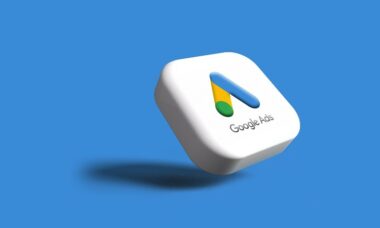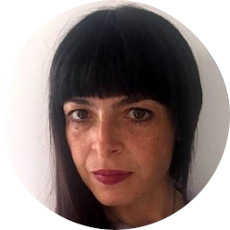 Cannabis companies are looking for certification from Google. The tech giant has put into practice a process it announced at the end of 2022 as part of its update on the use of Google Ads for certain CBD products in parts of the US.
Cannabis companies are looking for certification from Google. The tech giant has put into practice a process it announced at the end of 2022 as part of its update on the use of Google Ads for certain CBD products in parts of the US.
A spokesperson for LegitScript, the internet compliance company contracted by Google to handle the pre-certification and monitoring of topical CBD product sellers, told CannIntelligence that the first certifications, which brands need to obtain before they are vetted by Google, have already been issued.
LegitScript’s senior communications manager, David Khalaf, said: “We have a small group of products that have already been certified from a variety of manufacturers. These were issued in late January and early February.”
The company expects that number to grow soon. “I can confirm that dozens of CBD products are working their way through the certification programme, with new ones being added each week,” Khalaf said.
Strict limitations are still in place
Google announced in December 2022 that it was going to allow the promotion of CBD-based drugs approved by the US Food and Drug Administration (FDA) and topical products within the 0.3% THC threshold in California, Colorado and Puerto Rico starting from 20th January 2023.
The search engine technology firm updated its ads policies on dangerous products or services and healthcare and medicines, and it removed CBD from its list of unapproved pharmaceuticals and substances.
Even after the changes to Google’s ads policies became effective, though, possibilities for CBD companies to promote their products on the platform remain limited.
Certain forms of advertising, such as the YouTube Masthead on the Google-owned online video platform, will continue to be inaccessible to CBD promoters.
The range of CBD products that will be eligible for advertising is also strictly limited to topicals and to FDA-approved medicines.
“All ads promoting other CBD-based products, including supplements, food additives and inhalants, continue to be disallowed,” Google clarified.
Certification needed to get certification
To be eligible for promotion across the platform, companies with CBD-based topicals or medical drugs must first obtain a certification by Google, which they could only request after 20th January. But products falling under the first category need to be certified and monitored by LegitScript before companies can apply.
When requesting a certification from LegitScript, companies need to provide samples of their products, which LegitScript submits to a third party that tests for THC content. LegitScript then proceeds with the certification and monitoring of applicants’ websites.
The process comes at a price, with fees for product testing going from $650 per product for applicants submitting a maximum of five items to $500 per product for those submitting 100 or more.
Annual monitoring fees vary from $750 to $1,000 per product. To have their websites certified, applicants have to pay a one-time $800 fee when applying and a further $1,600 for annual monitoring.
The yearly monitoring fee for a “probationary” certification, given to companies with “a past history of significant compliance issues” is $2,250 per website.
LegitScript CEO Scott Roth said: “In an industry that is still seeing widespread problems with products that are tainted, substandard or illegal, it’s more important than ever to give consumers confidence that the CBD products they’re purchasing have been properly vetted.”
Baby steps, but in a ‘very encouraging’ direction
Google’s changes in advertising policies for CBD products are certainly a sign that online platforms are adopting a more relaxed attitude towards the legal cannabis industry.
Amazon and eBay have both conducted pilot programmes testing the sale of CBD products on their platforms in the UK and the US.
Operators in the sector have noticed this change in attitude. Caroline Glynn, co-founder of UK-based CBD firm Chanelle McCoy Health, told CannIntelligence: “Years ago Google or Amazon thought we were like a cartel. It was crazy.
“Now Amazon are stocking CBD products, and Google has started to lift some bans and some restrictions in some territories globally,” she said. “What I am trying to say is we started off very restricted, but in the last few years it has evolved, which is very encouraging to the industry.”
At the same time, however, doubts remain on why Google limited the lifting of its advertising ban to only a small part of the US territory. This is especially curious as products with a THC level up to 0.3% are already classified as hemp and therefore legal throughout the entirety of the US territory thanks to the 2018 Farm Bill, and Epidiolex, the only CBD-based medical drug currently approved by the FDA, is also already sold across the country.
– Tiziana Cauli CannIntelligence staff
3D image: Rubaitul Azad







